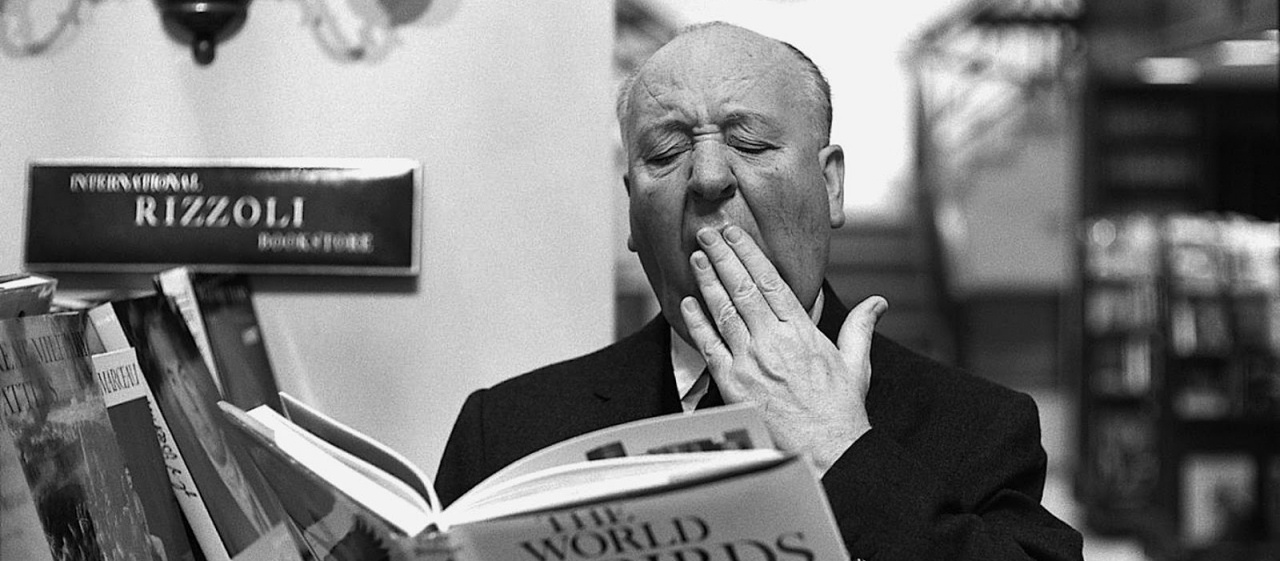
David Thomson doesn't to want to let go of his newlyfound distaste for Alfred Hitchcock's "Vertigo," so much so that he has responded to Anne Bilson's Guardian rebuttal.
If you remember, Thomson, in a London Review of Books essay about Hitchcock's classic, theorized that Hitchcock’s 1958 film has aged terribly in the post-Weinstein #MeToo era. He also mentioned Hitchcock’s creepy attitudes toward women on-screen (and his off-screen behavior toward Tippi Hedren). His conclusion? Fugghebadboutit. "Vertigo" won't be maintain its #1 position on the prestigious Sight and Sound poll when the next one comes out in 2022.
Billson's rebuttal was thoughtful, concise and everything Thomson's essay was not. She claimed that, on the contrary, Hitchcock “created many strong and perceptive female characters [and] that many of his male characters [were] weak and vacillating.”
“For a so-called misogynist, his films feature a lot of intrepid heroines,” Billson wrote. “Even when the women are nominally just love interests, they are unusually plucky and quick-witted.”
Now Thomson has replied, in a back and forth that might not end anytime soon. Yes, his rebuttal is a little more thoughtful and understanding than I expected it to be but he seems to go back to "Vertigo" again and the way Kim Novak is portrayed: “I enjoyed Anne Billson’s article and I agree with a lot of it. But I find it hard to see [Kim Novak‘s] Judy Barton in Vertigo as a ‘strong’ character."
“After all, she has come to San Francisco to survive. She is not quite young any more and there are hints of failure along her way. So she gives herself to a fanciful and very cruel plot. She is being hired (and paid surely) to destroy two people — Madeleine Elster and Scotty Ferguson. There seems every likelihood that she has become Elster’s mistress in that process."
“In other words, she is a tool, being manipulated, and giving up her self. So when she starts to fall for Scotty, she cannot admit it. And after that, dumped by Gavin, she lingers in San Francisco, as if to wait for Scotty to notice her, as Judy. But then she has to be Madeleine again. With further disaster, including her death.”
“It’s hard to think of a clearer case of victimhood. or a film so in love with romantic tragedy.”
His complaint was about "female victimhood." ISN'T THAT WHAT THE FREAKIN' MOVIE IS ABOUT?!
It's quite ironic that Thomson put "Blue Velvet" on his list of 10 greatest of all-time for the Sight and Sound poll. Talk about a film that treats its main female character like complete and utter garbage. Maybe Thomson should reassess his position on Blue Velvet before he goes and attacks Hitchcock. What a hypocrite.





